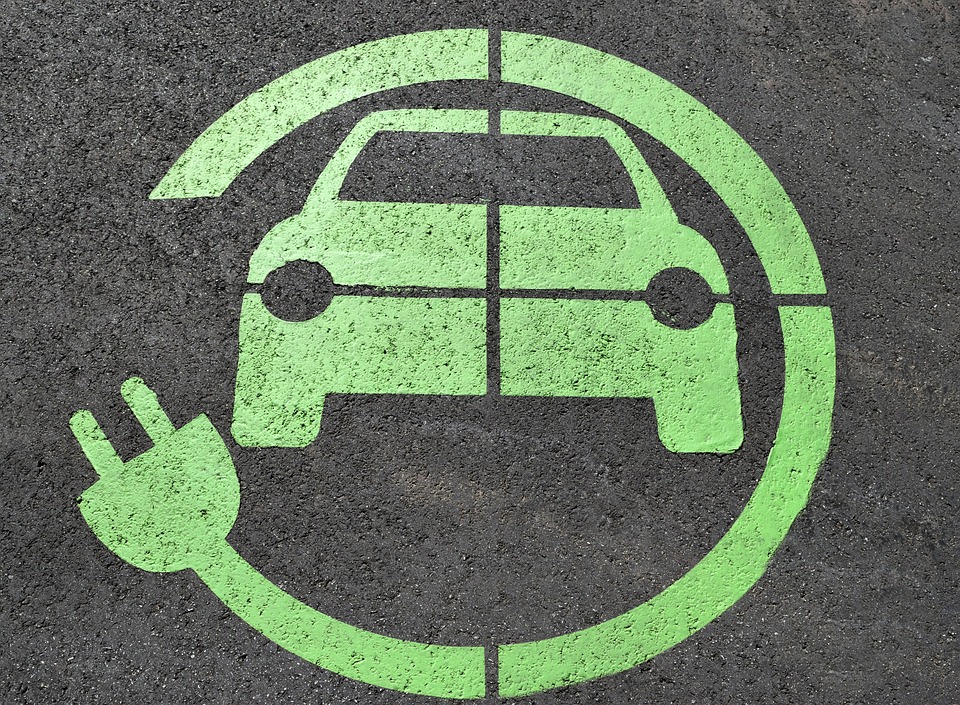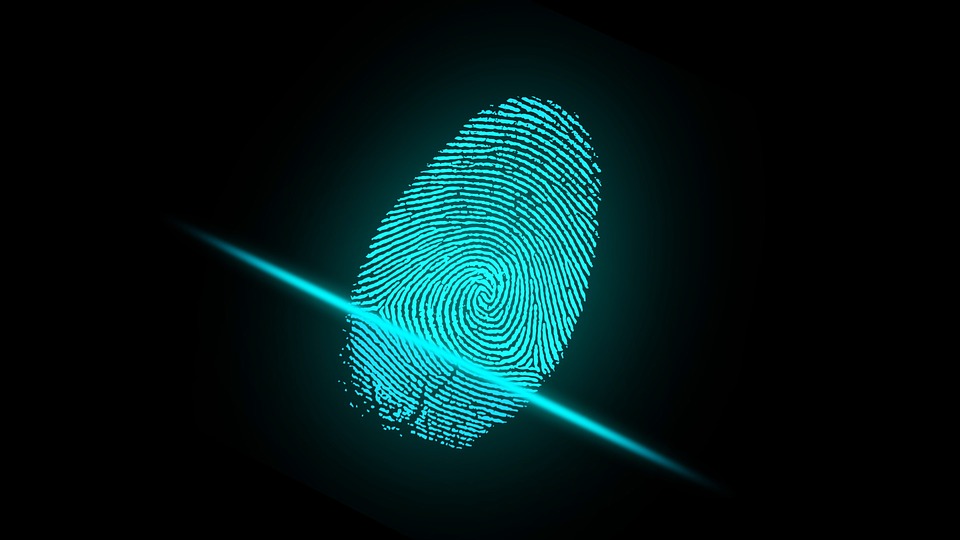Bitcoins are generating headlines worldwide, but the world is speculative about the future of this crypto-currency. On the other hand, the lesser discussed and sparsely reported shift, shift from combustion engines to battery-powered vehicles, is what that must draw the attention of the real ‘thinking’ being.
But questions are many. So here we have come up with a list of few key questions, followed by crisp answers.
- Is electric mobility for real?
Yes. Norway has a whopping 29 percent share of electric vehicles in all new car sales, Ireland stands at 9 percent, and China is now topping the chart with respect to the growth in the number of electric vehicles (EVs) as compared to conventional fossil fuel burning vehicles. Fossil fuel burning is a bad idea, both ecologically as well as financially; hence more and more countries are pledging their support toward fast adoption of electric vehicles.
- Will India too shift to electric?
Yes. The road transport minister has warned automobile manufacturers of the repercussions if they choose not to move from making combustion engine passenger vehicles to making lithium-ion battery-run vehicles. A report prepared by the country’s top think-tank Niti Aayog has set an ambitious target of replacing all fleet to electric by the year 2030.
- Is this shift easy, financially viable?
No. Neither is the shift easy, nor it is a financially viable idea, at least in the initial phases.Replacement of combustion engines with lithium batteries requires new resources, from lithium and nickel to cobalt and phosphate. Plus, only a handful of enterprises presently hold intellectual property on making cells for lithium batteries. Although the price of lithium-ion battery packs has seen a continuous downtick in recent years, they still are costly.
- What is the current status of EVs in India?
Mahindra is already an active player in the electric segment and probably the only one. Tata, however, was able to grab an Energy Efficiency Services Limited (EESL) tender for supply of electric vehicles to government departments and ministries and has recently unveiled its battery-run car. Many start-ups in the fields of automobile designing, production of battery packs, technology for charging infrastructure are also marking their presence; they, however, do not receive as much media coverage as Flipkart or Ola.
- Is there a business opportunity at startup level?
Yes. While the technology to manufacture complex lithium-ion cells is available with a lucky few such as Tesla and Panasonic, small to medium scale startups can focus on the production of battery packs from these cells or being a part of the supply chain by manufacturing raw materials like separators and electrodes used in production of cells.
Suvipra view
All in all, a shift from conventional mobility to battery-run vehicles is set to face some initial hiccups- lack of charging infrastructure and high cost involved in the replacement of production line of original equipment manufacturers, the shift is inevitable, if not imminent. Be optimistic that your commute from home to office in a few years will be through a lithium-ion battery run vehicle.
Also read: How can government help Indian startups compete with the foreign counterparts?
Disclaimer – The views or opinions expressed in the article are the personal opinions of the author and do not in any way reflect the views of Suvipra except where specifically mentioned. Suvipra does not assume any responsibility or liability for the same.
To get your article published on Suvipra.com, refer our guidelines Guidelines
Contribute article Contribute









